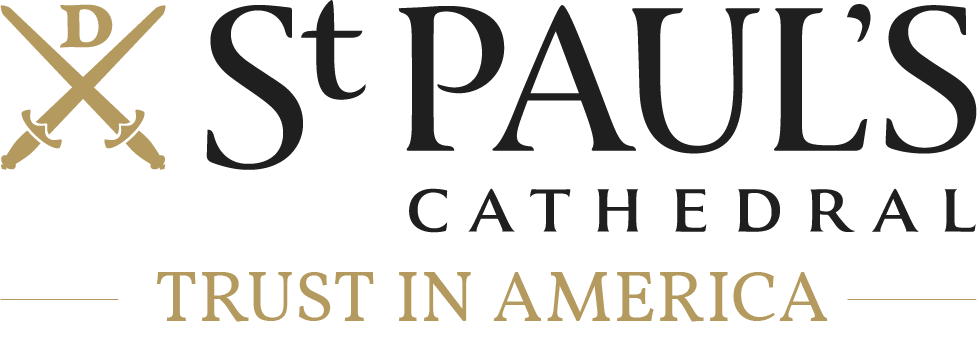
There are all sorts of ways to help
Annual Fund
Each year, The Trust raises financial support for the programatic life of the Cathedral. Consider a one-time or monthly gift.
Campaigns
The Trust is involved in two major campaigns for the Cathedral.
The first campaign is to build a Girl’s Chorister Program that will equal the 900 year old Boy’s Chorister Program.
The second campaign is a focused on the Ball and Cross.
Estate Planning
Gifts Through Your Will or Trust
You name St Paul’s Cathedral Trust in America (SPCTA) as a beneficiary through your will or living trust and make a charitable contribution to SPCTA in the future. You maintain full control of your assets and you can change the bequest at any time.
Gifts of Stock and Appreciated Securities
SPCTA accepts gifts of stock and other securities. A gift of appreciated publicly traded securities allows you to avoid paying capital gains tax while at the same time receiving an income tax charitable deduction for the fair market value of the securities at the time of the gift.
Gifts of Life Insurance
All life insurance policies allow a policy owner to identify one or more beneficiaries. SPCTA supporters choose to designate SPCTA as one of their beneficiaries to their life insurance policy. Ownership of a life insurance policy can also be transferred to SPCTA.
Gifts of Retirement Assets
Wills and trusts have historically been the vehicles for making bequests upon death. Now, many people hold a significant portion of their assets in tax-deferred retirement accounts. By naming SPCTA as a beneficiary of all or a portion of your retirement account, your retirement plan assets are transferred to SPCTA free of tax, the amount of your estate subject to estate tax is reduced, and your heirs avoid paying income tax on a distribution from your retirement account.
Your retirement asset management company can provide you with these beneficiary designation forms, on which you can list beneficiaries to your accounts. When listing SPCTA, or any non-profit, as a beneficiary, list the Tax ID #56-185-2735 in the space where you would typically list an individual’s Social Security Number.
While you are living, especially for people over the age of 70.5, who are required to take minimum distributions from their IRA, there may be advantages to consider a gift through an IRA distribution.
Charitable Remainder Trust
A charitable remainder trust can be established during your lifetime or as a bequest under your will or living trust. If the trust is established during your lifetime, SPCTA provides income to a named beneficiary (usually you or you and your spouse) during your lifetime (or joint lifetimes) and at death the property remaining in the trust goes to a charity. If the charitable trust is established under the terms of your will or living trust, the named income beneficiary (usually a child) receives income for a specified period and at the end of that period, trust property is distributed to charity. A charitable remainder annuity trust pays a fixed income amount based on the initial value of the trust’s assets. A charitable remainder unitrust, on the other hand, pays a fixed income based on the annual value of the trust’s assets and may vary from year to year.
other ways
Charitable Lead Trust
A charitable lead trust is an irrevocable trust designed to provide financial support to one or more charities for a set period of time, with the remaining assets eventually going to family members or other designated beneficiaries.
A lead trust can run for a designated period of time or for a donor’s lifetime. It can be created during a donor’s lifetime or posthumously executed in one’s will. A charitable lead trust can reduce estate taxes on trust assets that pass to family members.
Make a Smarter Donation
If you are 70.5 or older, your donations could be saving you more on your tax bill.
SPCTA donors who are 70.5 or older are eligible to make tax-free donations from their IRAs, known as Qualified Charitable Distributions (QCD), regardless of whether they itemize deductions on their tax returns.
Please contact us for more information.
